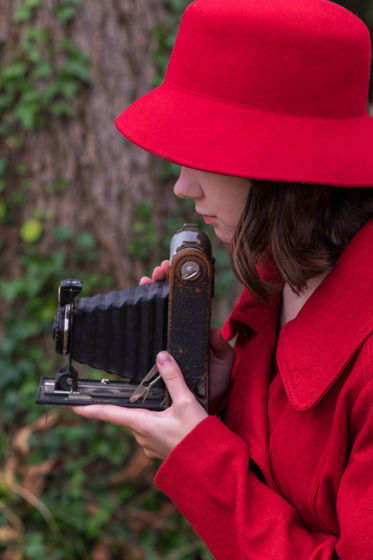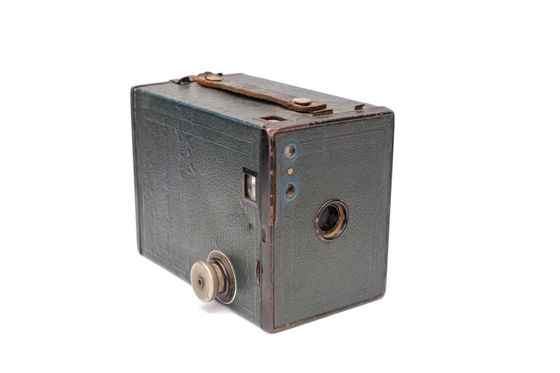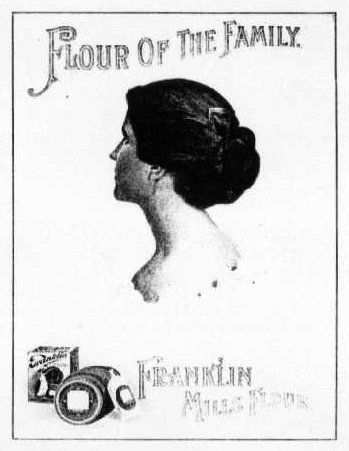How did one camera shape 'privacy rights'?

With the spread of mobile phones and smartphones, it has become commonplace for everyone to carry a camera in modern times, and with this, privacy issues have become familiar. PetaPixel, a news site specializing in photography and cameras, discusses the history of privacy being established as a right with the advent of
How the Kodak Brownie Changed Privacy Rights Forever | PetaPixel
https://petapixel.com/2021/10/19/how-the-kodak-brownie-changed-privacy-rights-forever/
In the United States, portable cameras became available on the market in the latter half of the 19th century, but at that time, each camera cost $ 25 (about $ 700 / about 80,000 yen when converted to modern value), so it is commonplace. It was the newspaper reporter who carried the camera with him, out of reach of him. As a result, the first people in the United States to raise the issue of privacy rights were the upper class, who were more likely to be targeted by paparazzi.

However, with the launch of 'Brownie' by Kodak in 1900, ten years after the publication of this paper, the situation will change when privacy concerns are exclusively for the wealthy. Brownies for only $ 1 per unit (about $ 32 / about 3600 yen when converted to modern value) sold 1.5 million units in a year from the start of production, and quickly spread to young people, who were the main target in particular. Therefore, it seems that the American school at that time was like a studio for photography.

A woman named Abigail Robertson, who lives in Rochester, New York, took a portrait in a local studio that made the public aware that cameras had penetrated American society. The poster production company that took the picture of Robertson used the picture to advertise the milling company without permission, printing 25,000 posters and posting them throughout the city.
In modern times, it is not uncommon for model photographs to be used in posters, but it was an unbearable humiliation for teenage women at the time. Robertson, who became the mascot of the product without knowing his face, became bedridden because of embarrassment and embarrassment. He filed a lawsuit against a poster production company and a flour milling company seeking an injunction against the use of facial photographs.
The poster production company's claim in court was simple: 'There is no law that prohibits the use of photographs.' In response, a lawyer on the Robertson side appealed for respect for privacy, citing 'The Right to Privacy,' but lost the case. Judges did not recognize Robertson's rights, concluding that 'the plaintiff's woman's face has no inherent value and that her physical property was not stolen,' and Judge Alton Parker, who was in charge of the trial, said Robert. He even told Son, 'I should be rather honored to have a beautiful face.' This famous 1902 ruling was called '

Many Americans at the time sympathized with Robertson's appearance after losing the trial and raised his anger, and privacy became a problem for the common people at once from the bourgeoisie's worries. In 1903, the New York State Legislature, driven by angry voices, issued a state law stating that 'the mission, portrait, or photo of a living individual must not be used in advertising or commerce without written consent.' Enacted. New York became the first local government in the United States to recognize right to privacy by law, and other states followed suit.
The right to privacy that has become established in American society has led to the 'Roe v. Wade Incident, ' which is considered to be the most important victory of privacy rights in American history. The trial ruled that 'a woman's decision on whether to continue her pregnancy is part of her right to privacy,' which triggered the legalization of abortion in the United States.
At the end, PetaPixel said, 'Social media copyright and privacy issues are often talked about these days. It's unclear what the consequences of the SNS controversy, arguably the largest photo album in media history, will be. But one thing is certain: Kodak pioneered affordable cameras and photography, and cheap brownies started a new era, which prompted privacy debates to spread throughout society. ' I did.
Related Posts:
in Note, Posted by log1l_ks







